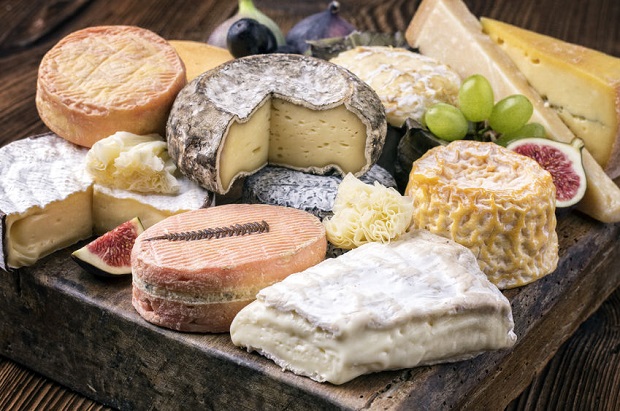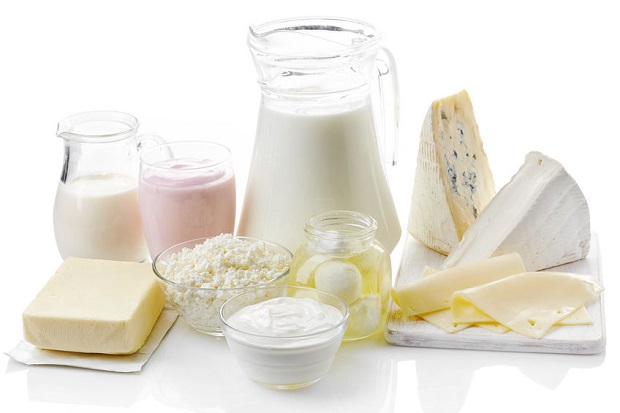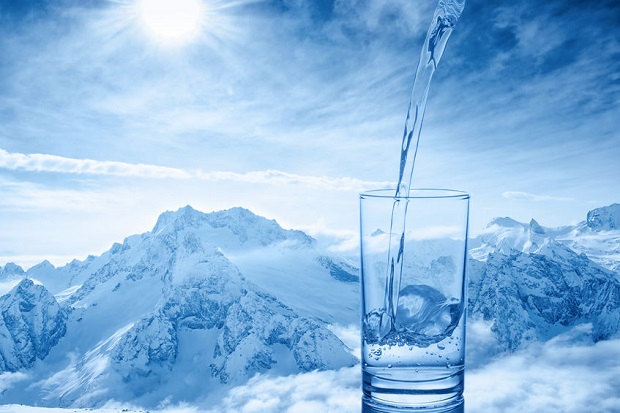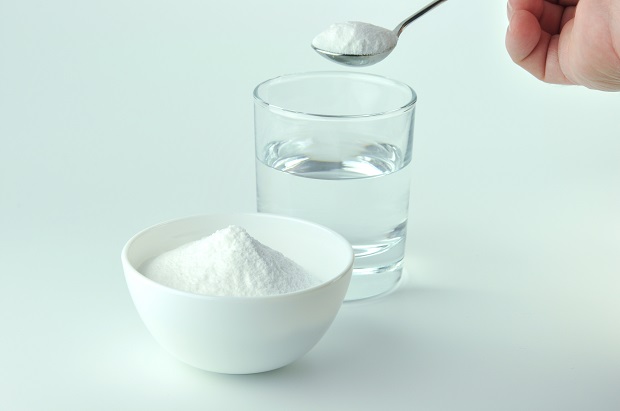
Can You Get Food Poisoning from Cheese?
- You can get food poisoning from cheese. In fact, the number one cause of listeria outbreaks is cheese.
- Cheeses made with raw milk can contain harmful bacteria such as Salmonella, E. coli O157:H7, Listeria, Campylobacter, and Brucella.
- You may also get food poisoning from cheese that has been processed incorrectly even though it has been pasteurized.
You can get food poisoning from cheese. In fact, the number one cause of listeria outbreaks is cheese. [1] Furthermore, from 1998 to 2011, the CDC recorded over 2,000 illnesses, 248 hospitalizations, and two deaths caused by consuming raw milk and raw milk products such as cheese. [2]
Jump Ahead
- Raw Milk Cheese and Food Poisoning
- Cheese Incorrectly Processed Is a Risk
- What About Moldy Cheese?
- How to Safeguard Against Food Poisoning from Cheese
- Resources
Raw Milk Cheese and Food Poisoning

You run the risk of food poisoning when you eat cheese that has been made with unpasteurized milk. Cheeses made with raw milk can contain harmful bacteria such as Salmonella, E. coli O157:H7, Listeria, Campylobacter, and Brucella. These bacteria though usually mild, can cause severe illness and even death. For example, Salmonella can cause reactive arthritis and typhoid, depending on the strain. Listeria can cause meningitis. Brucella can cause undulant fever, and E. coli O157:H7 can cause inflammation of the intestine, destroy red blood cells, and cause kidney damage. [3]
The number one cause of listeria outbreaks is soft cheeses made from unpasteurized milk. [4] According to the Centers for Disease Control, soft cheeses, such as Brie, Camembert, and Queso Fresco, made with unpasteurized milk are up to 160 times more likely to cause listeria infections than those cheeses made with pasteurized milk. [5]
Cheese Incorrectly Processed Is a Risk
You may also get food poisoning from cheese that has been processed incorrectly even though it has been pasteurized, as was the case with the Mexican-style cheese involved in a Listeria outbreak in the US. In this case, raw milk was suggested to be introduced to the cheese because the pasteurization process was inadequate. [6]
What about Moldy Cheese?

Molds are microscopic fungi that invade food under the right conditions. They produce spores that spread and can cause allergic reactions and respiratory issues. Some produce mycotoxins that are poisonous that can cause disease and even death. [7]
But not all molds, including those used in the cheese-making process, are toxic.
Good Molds. The molds used in making certain cheeses are part of the ripening process and are safe to eat. P. roqueforti or Penicillium Roquefort spores are actually added to blue-veined cheeses such as Gorgonzola, blue, and Roquefort. According to the USDA, molds used in cheese-making are safe to eat. [8]
Bad Molds. The mold that grows on the cheese after purchase may be harmful. A large block of hard cheese may still be able to be eaten if certain precautions are taken. According to the USDA, you must remove at least one inch around and below the mold spot and take care not to get mold on the knife. [9]
Any other type of cheese with mold should immediately be discarded, including soft, semi-soft, sliced, shredded, and crumbled cheeses. [10]
How to Safeguard against Food Poisoning from Cheese
- Purchase pasteurized cheeses. The label should be clearly marked.
- Store cheese in a refrigerator that is 40 degrees or below.
- Throw out soft cheeses that have been at room temperature for more than four hours.
- Toss out any soft, semi-soft, crumbled, or sliced cheeses that are moldy. [11]
Resources
- [1] National Health Service UK – “Food Poisoning – Causes.”
- [2][3] Centers for Disease Control and Prevention – “Raw Milk Questions and Answers.”
- [4][5] Centers for Disease Control and Prevention – “Listeria and Food.”
- [6] Centers for Disease Control – “Listeria Outbreak Linked to Hispanic-Style Fresh and Soft Cheeses.”
- [7]Bennett, J.W. “Mycotoxins.” Clinical Microbiology Reviews 16.3 (2003): 497-516. Print.
- [8][9][10] USDA – Food Safety and Inspection Service – “Molds On Food: Are They Dangerous?“
- [11] Clemson University Extension – “Handling of Cheese for Safety & Quality.”
DISCLAIMER: THIS WEBSITE DOES NOT PROVIDE MEDICAL ADVICE
The information, including but not limited to text, graphics, images, and other material on this website, is for informational purposes only. No material on this site is intended to be a substitute for professional medical advice, diagnosis, or treatment. Always seek the advice of your physician or other qualified healthcare providers with any questions you may have regarding a medical condition or treatment before undertaking a new healthcare regimen, and never disregard professional medical advice or delay in seeking it because of something you have read on this or any other website.





